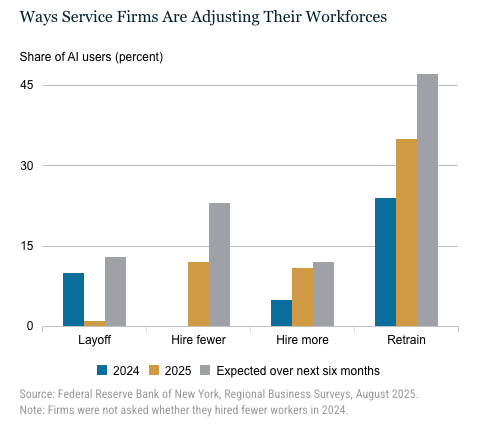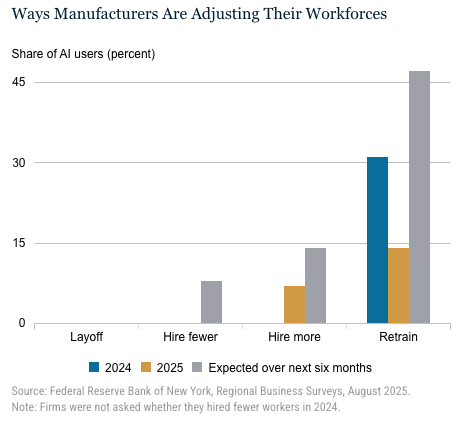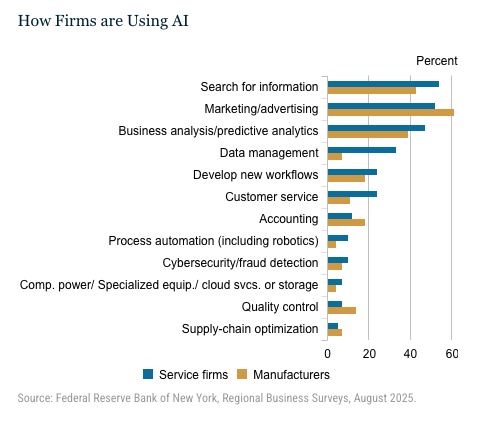Baumeister’s group has repeatedly found that an effort of will or self control is tiring; if you have had to force yourself to do something, you are less willing or less able to exert self control when the next challenges comes around. The phenomenon has been named ego depletion. In a typical demonstration, participants who are instructed to stifle their emotional reaction to an emotionally charged film will later perform poorly on a test of physical stamina — how long they can maintain a strong grip on a dynamometer in spite of increasing discomfort. The emotional effort in the first phase of the experiment reduces the ability to withstand the pain of sustained muscle contraction, and ego-depleted people therefore succumb more quickly to the urge to quit. in another experiment, people are first depleted by a task in which they eat virtuous foods such as radishes and celery while resisting the temptation to indulge in chocolate and rich cookies. Later, these people will give up earlier than normal when faced with a difficult cognitive task.
Thinking Fast and Slow, pp. 41-42
While incredibly powerful, we only have so much energy to expand. A study done by Baumeister showed that when faced with tasks that are ego-depleting, people have a lesser ability to resist temptation or persist in difficult tasks.
This phenomenon shows up everywhere. When doing something difficult, we can feel our attention pulled towards other things that are easier in the short term. When working on a tough essay or problem, we feel the desire to escape from the effort and check our phones or email as our brain tries to find an easier way to do tough things. The same thing happens when we are thinking through things. Despite our knowledge and intelligence, our brain wants to find a way that causes the least amount of ego depletion, so instead of thinking through first principles, we are pulled towards the answer that seems the easiest, convincing ourselves that the reasoning is sound to avoid deeper thought.


